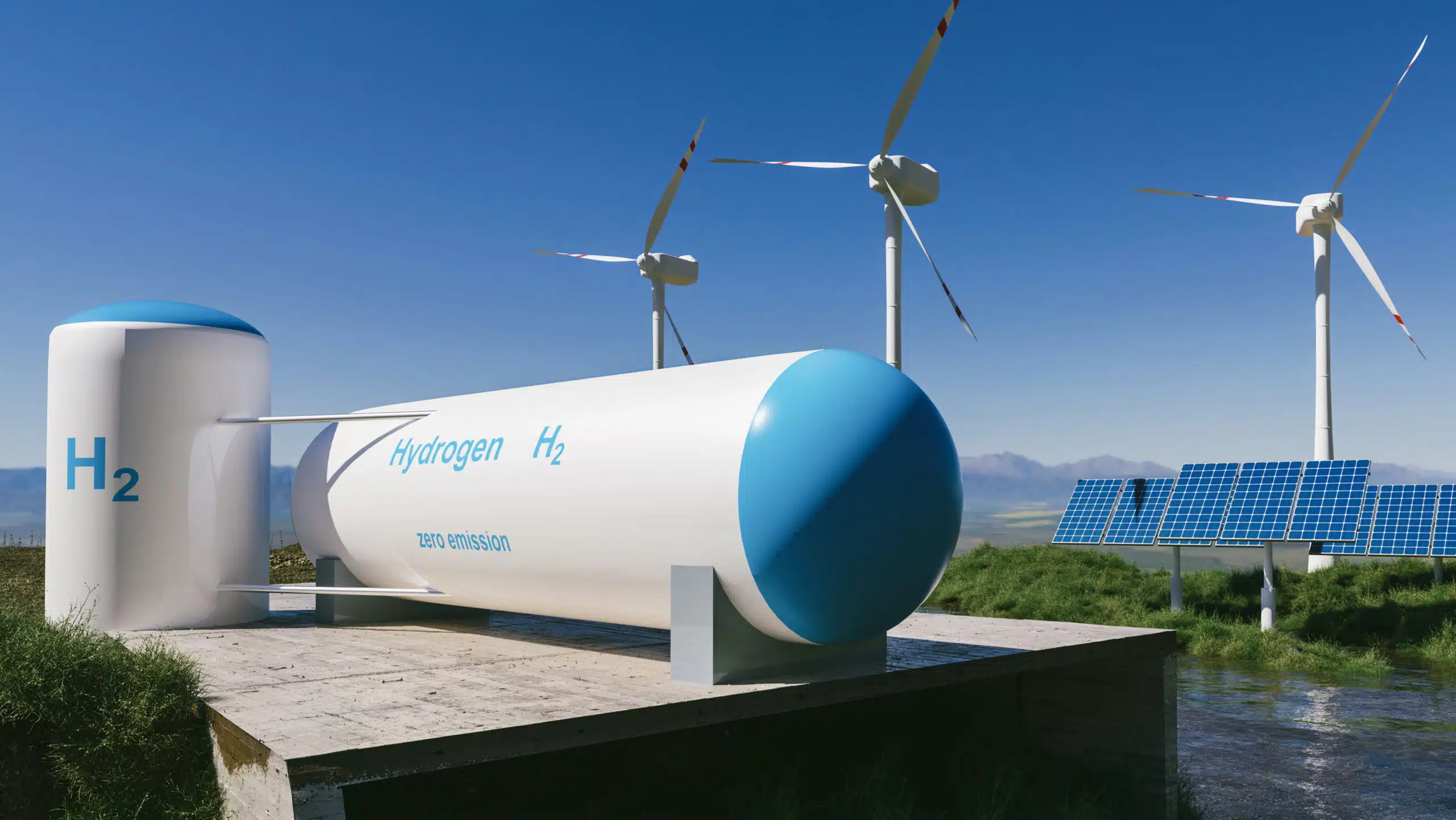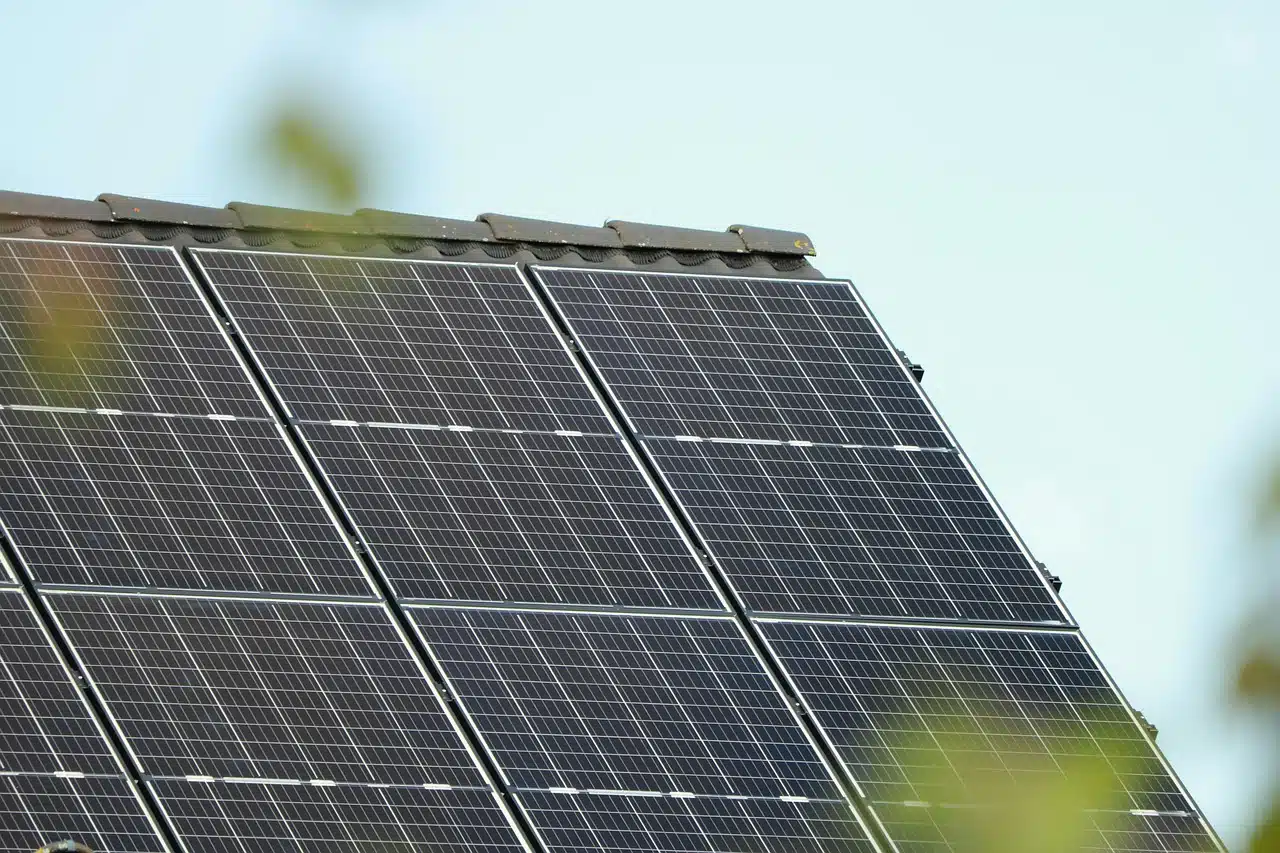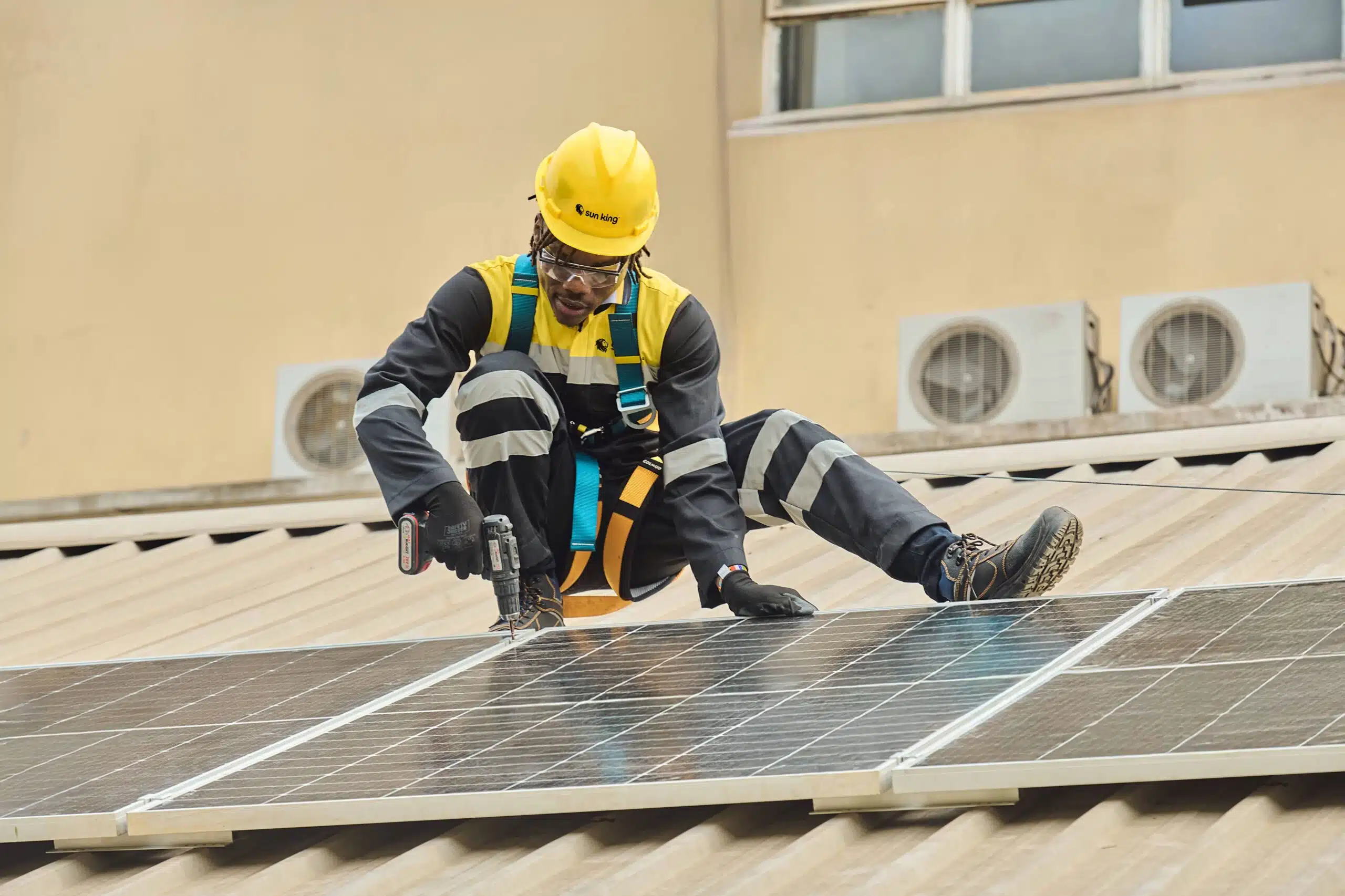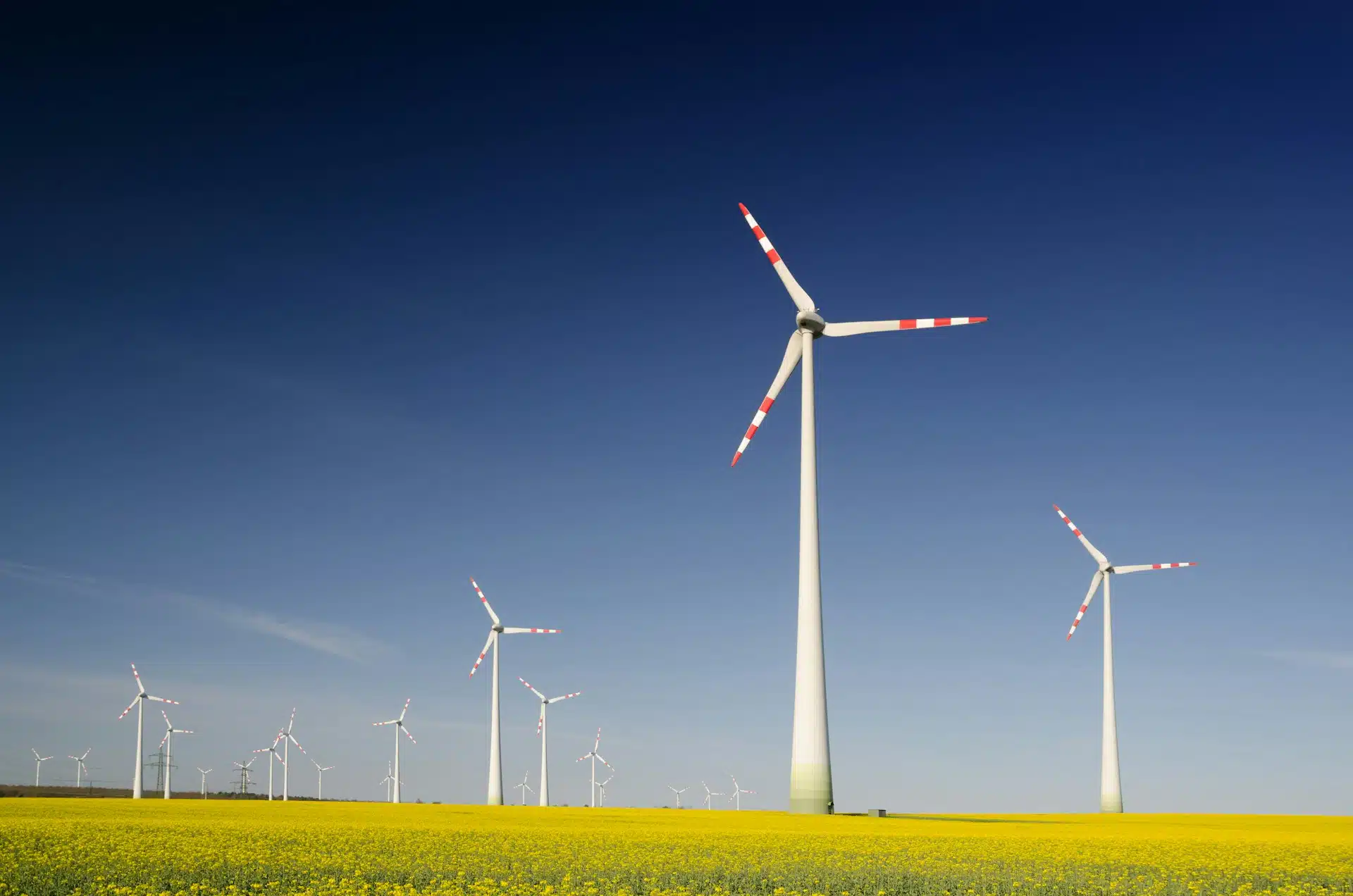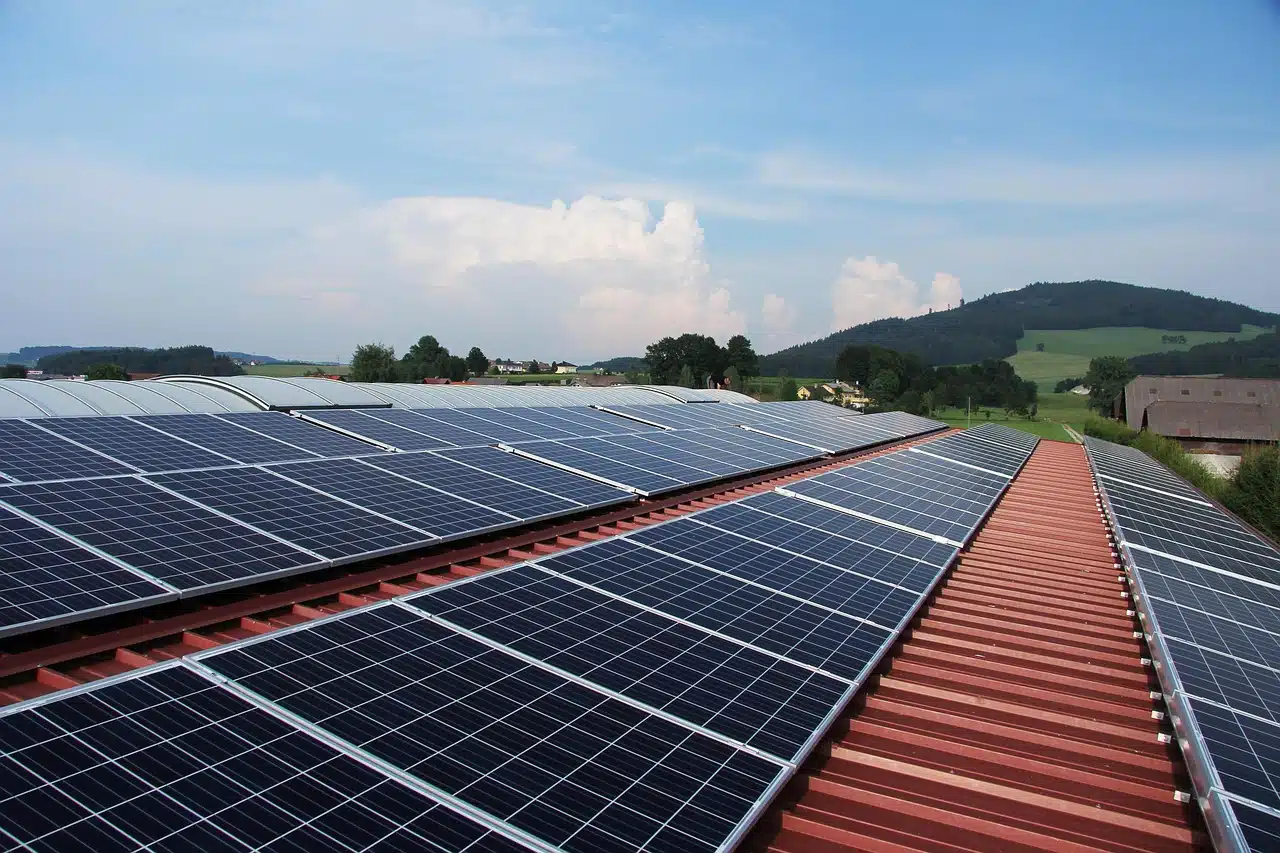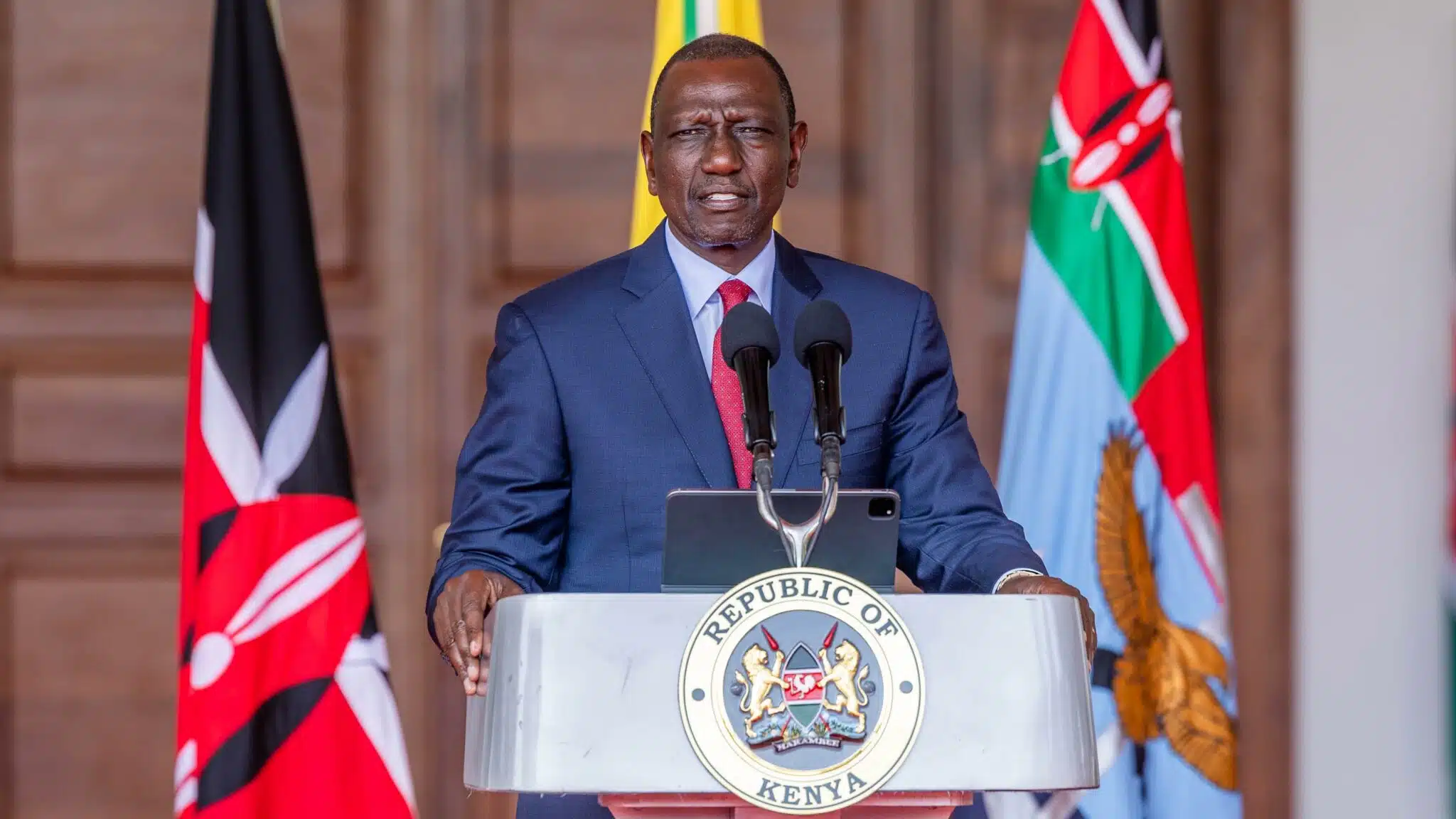Hive Hydrogen in South Africa has launched a competitive bidding process for engineering firms to design and develop its $5.8 billion green hydrogen and ammonia facility in the Eastern Cape, according to the latest reports.
The company, a joint venture between UK-based Hive Energy and South Africa’s BuiltAfrica, stated that 15 companies have been selected to participate in the tender out of an initial 48 expressions of interest received earlier this year.
“The release of these substantial RfPs to EPCs entities marks the culmination of four years of intense development work to get us to this major milestone for the project,” said Hive Hydrogen Chairperson Thulani Gcabashe.
The project is located at Coega, near the city of Gqeberha, and will produce over 1 million tons of green ammonia annually, targeting export markets.
A final investment decision is expected by Q3 2026, with production scheduled to begin in 2029.
Overview of green hydrogen
Green hydrogen is produced by using renewable energy to split water molecules into hydrogen.
The produced is then synthesised with nitrogen to form green ammonia, a more easily transportable derivative.
It is considered a clean fuel that could help decarbonize heavy industry and shipping.
However, critics argue that the high production cost remains a major barrier, making it difficult to compete with traditional fossil fuels like diesel.
Hive Hydrogen maintains that its project will be the largest and most advanced green hydrogen initiative in South Africa, with a strong focus on exporting to markets like Japan and South Korea.
“A team of over 120 people including a vast array of engineers, environmental specialists, ESG consultants, legal advisers, financial advisers, project managers, land surveyors, geologists, and many others, have worked tirelessly to make this a reality,” Gcabashe added.
What you should know
South Africa continues to face severe power challenges, largely due to its over-reliance on coal, which accounts for over 80% of its electricity generation.
The country has lost billions in economic output due to power outages.
In a bid to transition to cleaner energy, South Africa recently secured a $2.2 billion loan from the World Bank to support coal phase-out and renewable energy investments.
With its abundant solar and wind resources, the country has strong potential for renewable development but still faces funding constraints.
As the U.S. scales back climate aid, South Africa is increasingly turning to European countries like the UK and Germany for support.
Meanwhile, Hive Hydrogen has attracted strong interest from engineering companies across East Asia, Europe, and the UK, according to a statement from South Africa’s Department of Trade and Industry.

